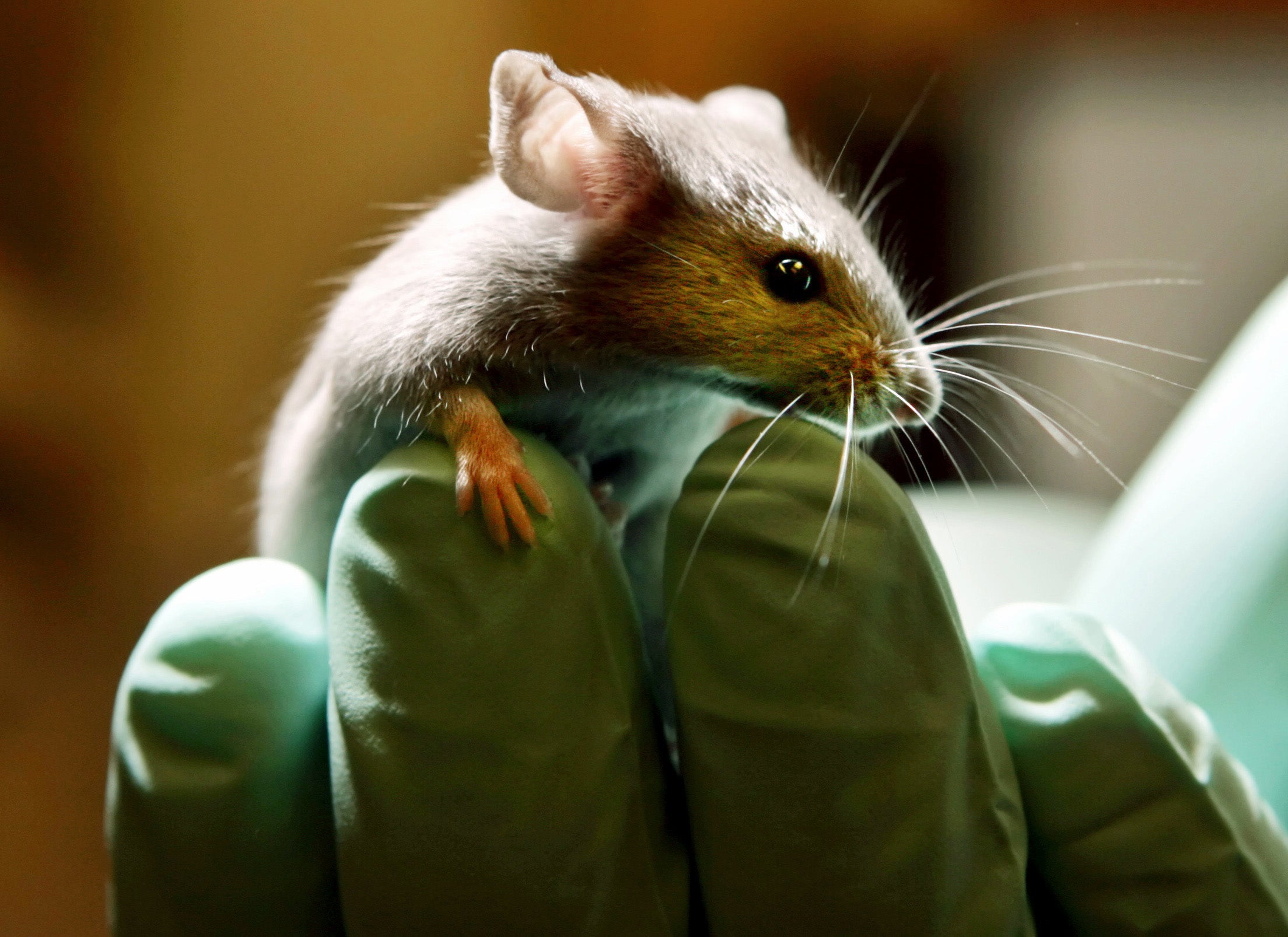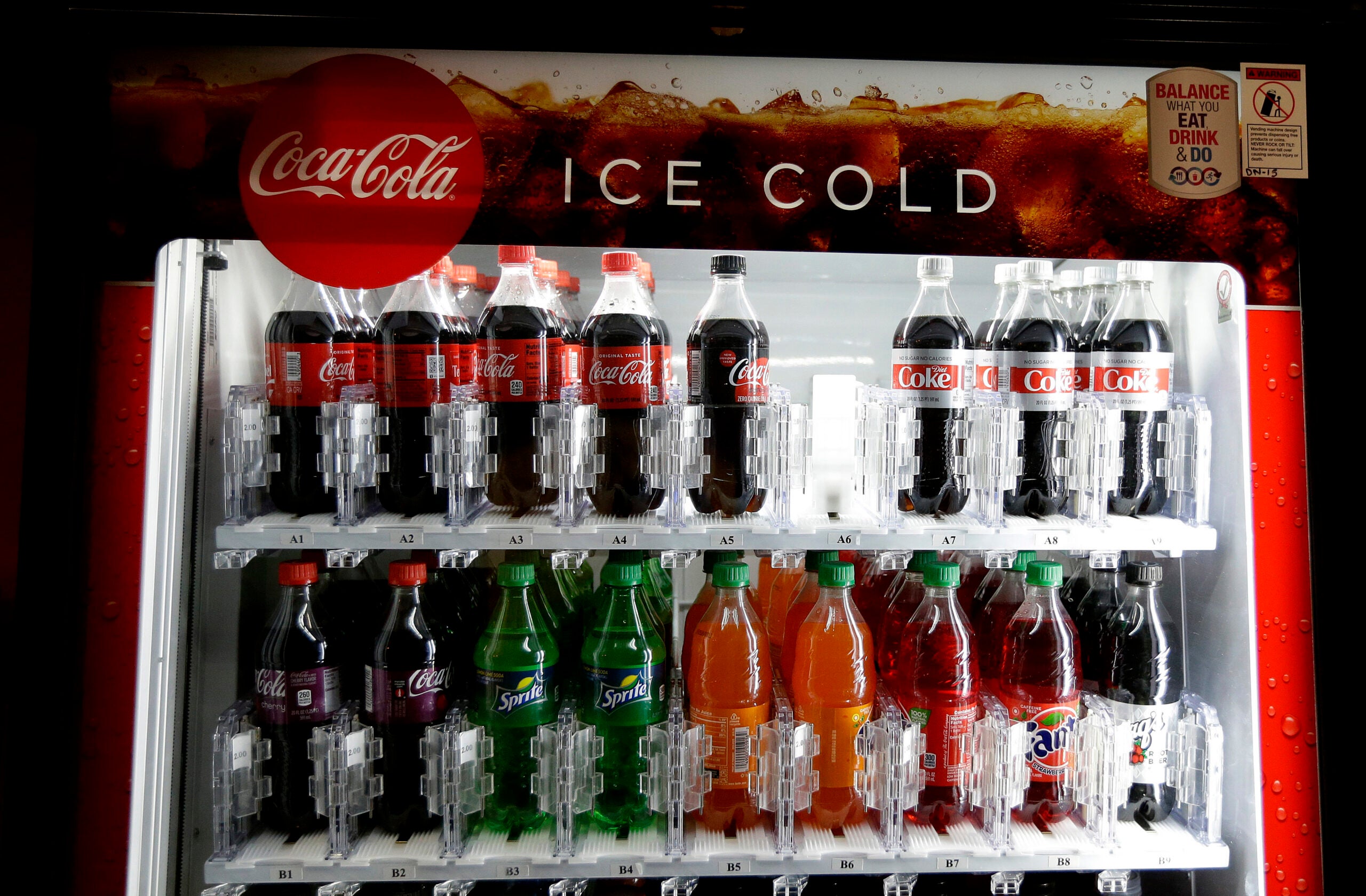Scientists have been learning a lot about what the makeup of your microbiome says about your lifestyle. We talk to the lead scientist of The American Gut Project about what she has found when studying the microbiomes of elite athletes. We also check in on the week in state news, including the impact of plant closings by paper giant Kimberly-Clark. Plus, an update on the recovery process in Puerto Rico.
Featured in this Show
-
State News Roundup For February 2nd, 2018
Paper manufacturer Kimberly-Clark confirmed two Wisconsin plants would be closing as part of worldwide cutbacks, eliminating at least 600 jobs. At the same time, the parent company of Boston Store and Younkers announced nine Wisconsin locations would be closing. We discuss the impact of the decisions and other top state news stories of the week.
-
Research Suggests Diverse Microbiome Is Clue To Elite Athletes' Success
With the 2018 Winter Olympics in full force, understanding what gives the world’s most elite athletes an edge is a hot topic. Some scientists think a clue could be in their guts.
Recent research in human microbiomes has pointed to athletes hosting a much more diverse microbiome in their bodies than the average person, says Embriette Hyde, a scientist at the University of California,San Diego and project manager at the American Gut Project.
But whether that comes from taking good care of their bodies, or whether their microbiome is built that way, is difficult to say at this point, Hyde said.
“That’s why it’s so tricky,” she said. “Elite athletes especially are usually engaging in very particular lifestyle habits that also can change their microbiome, whether they’re eating a very specific diet or how much sleep they’re getting.”
The American Gut Project studies more than just elite athletes, Hyde said. It is currently sampling student athletes at the university and also collects data from surfers, cyclists and olympic-level rowers, among others.
“The data sets are growing and the researchers are very good at collaborating and sharing data … so we can get a holistic picture of what’s going on in the elite athlete,” she said.
So far, scientists know the microbial makeup of our guts — made up of the trillions of microscopic bacteria — relates to our likelihood of developing acne, allergies, obesity, anxiety, cardiovascular disease and more, but it’s only been on their radar for about a decade.
“Most of the bacteria in your body are friends,” Hyde said. “They’re good for you, or they just don’t do anything, positive or negative.”
But the bacteria are only one component of the human microbial makeup. It also includes fungi, eukaryote — any cell or organism that has a clearly defined nucleus — and a viral component as well.
“Bacteria are a little bit easier to study,” Hyde said. “So we know more about the bacteria that live inside of us, and on us, than those other microorganisms, but they all play a part and they’re all probably very important to what it means to be human.”
It gets even more complex when you consider how factors outside of the microbiome interact with each other, she said.
“We have the bacteria, but there’s also our immune system, there’s our host genetics, there’s our environment — so the things we eat, how much sleep we get, how much we exercise,” Hyde said. “So it’s really complex to try and figure out how all of those things are interacting with each other.”
Diet is the least risky and fastest way to change your microbiome, she said.
“There’s a lot of this anecdotal evidence of, ‘if I eat this diet or if I do that, it makes my gut better,’ but why?” Hyde said. “What is it doing to the microbial community in there?”
That’s what scientists are asking themselves now, she said. Once that can be determined, they can be more directive in helping people be healthy.
For example, the FODMAP diet, which is based on the types of carbohydrates in your food and how bacteria interact with them, has shown to be helpful for people struggling with inflammatory bowel syndrome, Hyde said. Again, scientists suspect it is successful because it affects the microbiome, but they don’t know how, she said.
Hyde recommends choosing a diet high in dietary fiber like beans, lentils and vegetables, as well as fermented foods, which are fermented by similar healthy bacteria found in the human gut.
“There’s a lot of evidence out there that suggests a diet high in fiber is quite good for your microbiome in the sense that more species are there, it’s a more diverse community, it’s a healthier community,” she said.
-
Studying The Microbiomes Of Athletes
Scientists interested in the bacteria makeup of our guts are eager to get their hands on elite athletes to study. That’s partly because some research has shown athletes to have much more diverse microbiomes, but for other’s, it’s a matter of finding the secret to high sports performance. We talk with a scientist who has been studying this closely.
-
FEMA Reverses Course on Puerto Rico
FEMA recently said that they were ending food and water aid to Puerto Rico, but had to backtrack in the face of criticism. We’ll find out how the island is doing, and what support is still needed.
Episode Credits
- Rob Ferrett Host
- Dean Knetter Producer
- Natalie Guyette Producer
- Gretchen Brown Producer
- Rob Mentzer Guest
- Embriette Hyde Guest
- Charles Venator-Santiago Guest
Wisconsin Public Radio, © Copyright 2024, Board of Regents of the University of Wisconsin System and Wisconsin Educational Communications Board.



